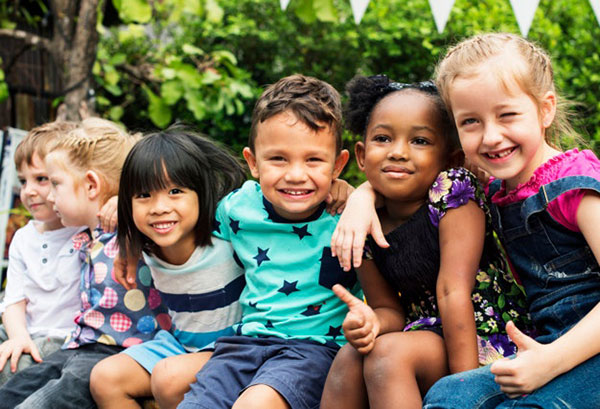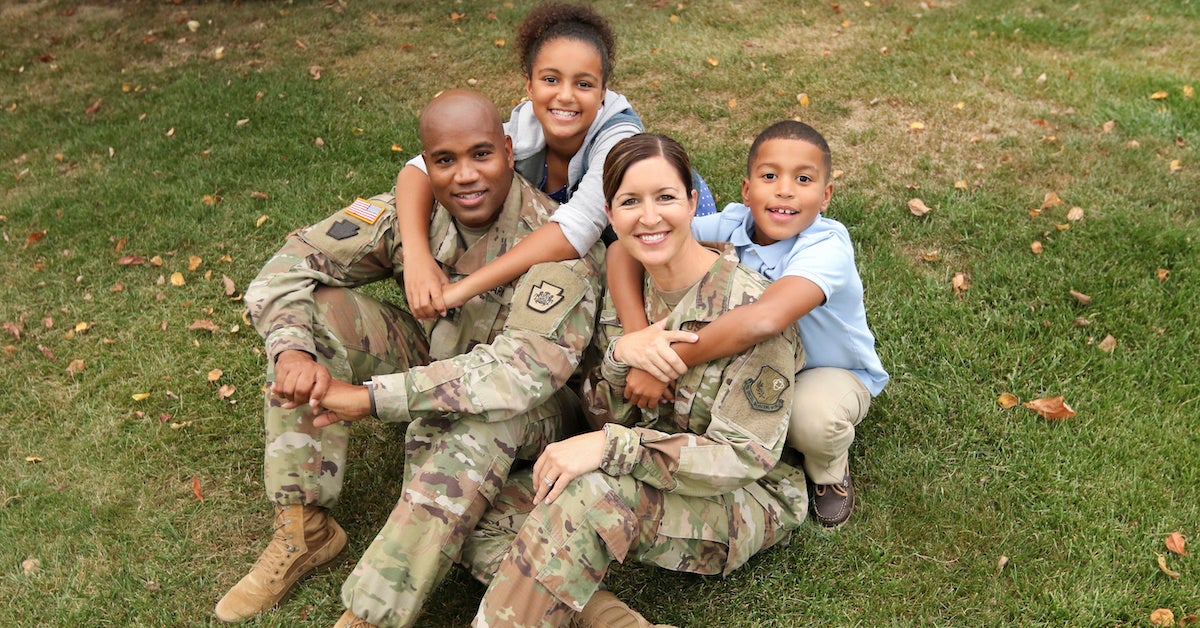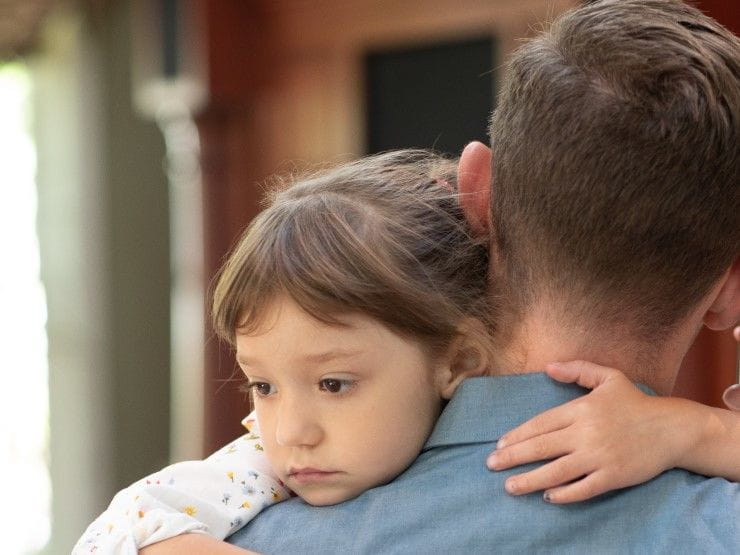Why Should Culture Shape Your Childs Upbringing?
In shaping your child’s upbringing, culture reveals the potential of their identity, values, and worldview. Embracing cultural roots fosters a strong sense of belonging and pride, nurturing self-confidence. Exposure to diverse perspectives cultivates empathy, respect for others, and a global mindset. Cultural ties influence your child’s development, success, and resilience, preparing them for life’s challenges. Through social skills, communication, and shared values, culture shapes how your child navigates relationships and moral decisions. Celebrating cultural heritage instills pride and confidence. Discover the richness of your child’s upbringing by recognizing the profound impact of culture on their journey.
Key Takeaways
- Cultures shape identity and belonging.
- Cultural understanding fosters empathy.
- Influences development, success, resilience.
- Builds social skills, communication, values.
- Enhances adaptability and life skills.
Identity and Belonging

Developing a strong sense of identity and belonging is crucial in shaping your child’s upbringing and overall well-being. A deep-rooted sense of belonging provides a foundation for self-identity and confidence.
Encouraging your child to embrace their cultural background fosters a strong connection to their roots and heritage, helping them build a positive self-image.
Community ties play an essential role in shaping your child’s sense of belonging. Engaging in community activities, celebrations, and traditions instills a feeling of connectedness and acceptance.
This involvement not only strengthens their bond with their community but also enhances their cultural awareness.
Empathy and Understanding
Understanding and empathizing with different cultures is essential for your child’s development.
By cultivating cultural empathy, your child learns to appreciate and respect diverse perspectives.
Fostering cross-cultural understanding early on can lead to increased tolerance and acceptance of others.
Cultivating Cultural Empathy
To foster cultural empathy in your child, exposing them to diverse perspectives and experiences from a young age is essential. Empathy building begins with understanding and appreciating differences among people. Research suggests that children who are exposed to various cultures tend to develop greater empathy and understanding towards others.
By immersing your child in different cultural activities, foods, traditions, and languages, you provide them with opportunities to learn about the world’s diversity firsthand. Encouraging your child to ask questions and engage in meaningful discussions about different cultures can further enhance their empathy skills.
Additionally, reading books, watching movies, and listening to music from various cultures can broaden your child’s perspective and help them relate to people from different backgrounds. Visiting museums, attending cultural festivals, or even hosting exchange students are excellent ways to immerse your child in diverse cultural experiences.
Fostering Cross-Cultural Understanding
To deepen your child’s cultural empathy, exploring different perspectives and experiences is a valuable way to cultivate cross-cultural understanding. Cultural exchange and language learning play an essential role in fostering empathy and understanding among individuals from diverse backgrounds. By engaging in cultural exchanges, your child can gain firsthand experiences that promote empathy and appreciation for different ways of life.
Encouraging community engagement is another effective method to nurture cross-cultural understanding in your child. Getting involved in community activities with people from various cultural backgrounds can help your child develop a sense of global citizenship. This involvement exposes your child to different customs, traditions, and beliefs, fostering respect and understanding for cultural diversity.
Research shows that individuals who embrace cross-cultural experiences tend to have higher levels of empathy and are more open-minded.
Development and Success

Your child’s development and future success are heavily influenced by the cultural environment in which they’re raised. Academic achievement and career success are often linked to the values, attitudes, and expectations instilled by culture.
For instance, some cultures prioritize educational excellence and professional advancement, leading children to aim for higher academic goals and successful careers. On the other hand, emotional intelligence and mental well-being are also shaped by cultural norms regarding communication, relationships, and coping mechanisms.
Cultures that value emotional expression and support systems tend to raise children who are more resilient, empathetic, and mentally healthy. Research shows that children raised in culturally rich environments tend to have broader perspectives, enhanced problem-solving skills, and a greater sense of identity and belonging.
Intergenerational Connections
Connecting with your family’s heritage can provide your child with a sense of belonging and pride in their roots.
Learning and participating in family traditions can create lasting memories and strengthen familial bonds.
Importance of Heritage
Considering your child’s upbringing, establishing strong connections with their heritage and past generations can greatly impact their sense of identity and belonging. Heritage preservation and cultural heritage play an essential role in shaping a child’s worldview and understanding of their place in the world.
By delving into family roots and ancestral traditions, you provide your child with a deep sense of belonging and pride in their lineage.
Research indicates that children who are familiar with their cultural heritage exhibit higher self-esteem and a stronger sense of identity. Understanding where they come from helps them navigate the complexities of the modern world with a firm foundation in their roots. It also fosters a sense of respect for diversity and a curiosity about different cultures.
Learning Family Traditions
Exploring and embracing your family’s traditions can provide invaluable intergenerational connections that shape your child’s sense of identity and belonging. Family bonding through traditions offers a unique opportunity to connect with your generational heritage and customs, creating a rich tapestry of shared experiences and values.
By participating in age-old rituals or celebrations passed down through generations, you not only strengthen the bond between family members but also instill a sense of pride in your child about their roots.
These traditions serve as a bridge between the past, present, and future, allowing your child to understand where they come from and how their family history has shaped their identity. Whether it’s cooking a traditional family recipe together, celebrating cultural holidays, or sharing stories from the past, these activities foster a deep connection to your family’s heritage.
Through these shared experiences, your child learns about their cultural background, builds lasting memories, and develops a strong sense of belonging within the family unit.
Building Cultural Identity
To shape your child’s cultural identity, explore the rich tapestry of intergenerational connections within your family. Cultural exploration is crucial for developing a strong sense of self-identity. By delving into your family’s cultural heritage, you provide your child with a foundation for personal growth.
Intergenerational connections offer a unique opportunity to learn about traditions, values, and beliefs that have been passed down through generations. Through these connections, your child can gain a deeper understanding of their roots and develop a sense of belonging within their cultural community. Encouraging intergenerational interactions can also foster empathy, respect, and appreciation for diverse perspectives.
As you engage with older family members and listen to their stories, you aren’t only preserving your family’s cultural heritage but also enriching your child’s cultural identity. These connections can help your child navigate the complexities of the modern world while feeling grounded in their cultural roots.
Embrace the intergenerational connections within your family to nurture your child’s cultural identity and promote personal growth.
Appreciation of Diversity

Encouraging your child to embrace and respect differences in people’s backgrounds, beliefs, and cultures is a fundamental aspect of fostering a well-rounded and inclusive worldview. By promoting cultural immersion and instilling values of global citizenship, you equip your child with the tools to navigate an increasingly diverse world.
Embracing diversity appreciation and empathy building from a young age lays the foundation for meaningful connections with individuals from various walks of life. Research indicates that children exposed to diverse cultures develop greater empathy and understanding towards others. This exposure not only enriches their perspective but also cultivates a sense of openness and acceptance towards different traditions and viewpoints.
Encouraging your child to engage with diverse communities, whether through travel, literature, or friendships, nurtures their ability to celebrate differences rather than fear them. In essence, fostering a genuine appreciation of diversity in your child’s upbringing is pivotal for their personal growth and societal contribution. It lays the groundwork for them to become compassionate, adaptable, and respectful global citizens.
Resilience and Adaptability
Developing resilience and adaptability in your child is essential for their ability to navigate life’s challenges and changes with confidence and flexibility. Resilience training focuses on equipping children with the mental tools to bounce back from setbacks and persevere through difficulties. It teaches them to view challenges as opportunities for growth rather than insurmountable obstacles.
Research shows that children who undergo resilience training exhibit higher levels of emotional well-being and are better prepared to face life’s uncertainties.
Adaptability skills are equally vital in today’s rapidly changing world. Teaching your child adaptability fosters their ability to adjust to new situations, environments, and people. It enables them to embrace change positively and thrive in diverse settings. By encouraging your child to be open-minded, curious, and willing to learn from different experiences, you’re nurturing their capacity to navigate the complexities of an ever-evolving society.
Incorporating resilience and adaptability training into your child’s upbringing not only enhances their mental fortitude but also equips them with valuable life skills that will serve them well into adulthood.
Social Skills and Communication

Cultivating strong social skills and effective communication in your child lays a solid foundation for their future interactions and relationships. Encouraging active listening helps children understand the importance of truly hearing others, fostering empathy and deeper connections.
By teaching your child to pay attention not only to words but also to nonverbal cues like facial expressions and body language, you equip them with valuable tools for successful communication.
Research shows that children who develop good social skills early in life are more likely to have positive social interactions, perform better academically, and have higher self-esteem. Active listening, where your child engages with others by responding appropriately and asking questions, builds strong communication skills that are essential for handling various social situations.
Moreover, understanding nonverbal cues such as maintaining eye contact, interpreting gestures, and recognizing emotions can enhance your child’s ability to communicate effectively and build meaningful relationships.
Cultural Pride and Confidence
To instill cultural pride and confidence in your child, it’s important to recognize the significance of their heritage and identity from an early age. By embracing and celebrating your child’s cultural background, you provide them with a strong sense of belonging and self-worth.
Cultural celebrations, whether through traditional holidays, music, food, or stories, can act as powerful tools in fostering pride and confidence in one’s roots.
Research indicates that children who are connected to their cultural heritage exhibit higher self-esteem levels and a greater sense of identity security. When you actively engage your child in cultural activities and discussions, you provide them with a foundation of confidence that can help navigate challenges and discrimination they may face.
This sense of pride in their heritage not only strengthens their self-esteem but also equips them with a resilient mindset.
Values and Morals

As a parent, instilling values and morals in your child is essential for their development. Your actions and words can shape their moral compass and guide them in making ethical decisions.
Transmitting cultural values provides a strong foundation for your child to navigate the complexities of the world with integrity and respect.
Moral Compass Development
Developing your child’s moral compass involves instilling values and morals that will guide them in making ethical decisions throughout their life. As a parent, fostering ethical decision-making skills and character development in your child is vital. Encouraging compassionate actions and nurturing their moral reasoning abilities from a young age can help shape them into individuals who prioritize integrity and empathy in their interactions with others.
Children learn by example, making it essential for you to model the values and behaviors you wish to instill in them. Engage in conversations that prompt them to think about the consequences of their actions on themselves and those around them. Encourage them to contemplate different perspectives and the impact of their choices on others.
Cultural Value Transmission
In shaping your child’s upbringing, instilling cultural values and morals plays a pivotal role in their development as individuals. Cultural value transmission involves passing down beliefs, ethics, and behaviors from one generation to another through intergenerational learning. By imparting these cultural traditions, you provide your child with a moral compass that guides their actions and decisions.
Research shows that children who are raised with a strong connection to their cultural heritage exhibit higher levels of self-esteem, resilience, and a sense of belonging. These values serve as a foundation for understanding right from wrong, empathy, and respect for others.
Through cultural value transmission, you equip your child with a deeper appreciation for diversity and a broader perspective on the world around them.
Global Perspective
Gain a broader understanding of how different cultures shape your child’s upbringing by exploring the global perspective. Embracing cultural exchange and fostering a sense of global citizenship can greatly enrich your child’s worldview. By exposing them to diverse traditions, languages, and belief systems, you pave the way for them to become open-minded individuals who appreciate the beauty of multiculturalism.
Intercultural relationships play an essential role in shaping your child’s character and values. Encouraging community involvement in various cultural events and activities allows them to form connections with people from different backgrounds. These interactions promote empathy, tolerance, and respect for others, crucial qualities in today’s interconnected world.
Through a global perspective, your child learns to appreciate the similarities and differences among cultures, fostering a sense of unity and shared humanity. They develop critical thinking skills by comparing and contrasting various cultural practices, ultimately becoming more adaptable and accepting of diverse perspectives.
Embracing global citizenship from a young age sets the foundation for a future where your child can navigate an increasingly multicultural world with grace and understanding.
Frequently Asked Questions
How Can Parents Balance Multiple Cultural Influences in Upbringing?
To balance cultural influences in upbringing, acknowledge the beauty of diversity. Embrace various traditions, celebrating them equally. Help your child build a strong identity rooted in multiculturalism. Encourage exploration and understanding of different cultures for a rich upbringing.
What Are Practical Ways to Expose Children to Diverse Cultures?
To expose your children to diverse cultures, consider attending cultural festivals, planning travel experiences, trying new foods together, and incorporating language learning activities. These hands-on experiences can broaden their worldview and appreciation for diversity.
Can Cultural Upbringing Impact a Child’s Career Choices?
Exploring career options is essential for your child’s future success. Cultural upbringing greatly influences career choices by shaping values, interests, and perspectives. Embrace your cultural identity as it can lead you towards fulfilling and meaningful career paths.
How Can Parents Navigate Conflicts Between Different Cultural Values?
Managing conflicts between different cultural values requires open communication and understanding. Embrace your cultural identity while respecting intergenerational differences. Listen actively, ask questions, and seek common ground to foster harmony and connection within your family.
Is It Possible to Instill Cultural Pride Without Imposing Stereotypes?
You can foster cultural pride by emphasizing identity development and cultural celebration. Avoid stereotypes by promoting cultural appreciation through education and exposure to diverse perspectives. Encourage your child to embrace their heritage with authenticity and respect.
Conclusion
To sum up, embracing and celebrating your child’s culture can have a profound impact on their development and success. By instilling a sense of identity, empathy, and appreciation for diversity, you’re setting them up for a future filled with confidence, understanding, and respect for others.
So, remember to incorporate cultural teachings and traditions into your child’s upbringing, as it won’t only enrich their lives but also create a more connected and harmonious society.

Hey there! 👋 I’m a proud mom and passionate writer, sharing my parenting journey. 📝 Join me as I navigate the ups and downs of motherhood, offering tips, advice, and a sprinkle of humor along the way. 🌟







